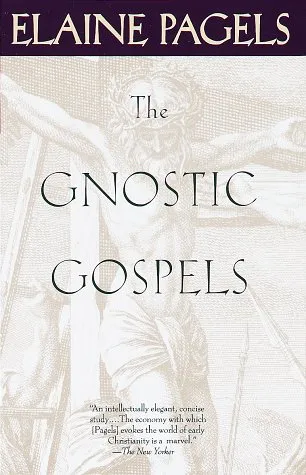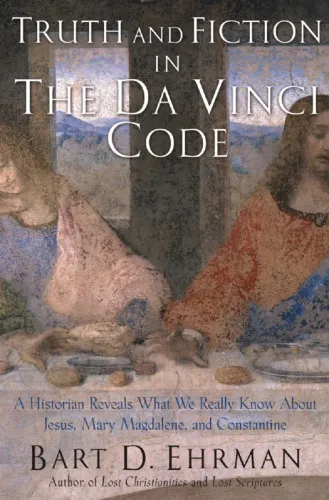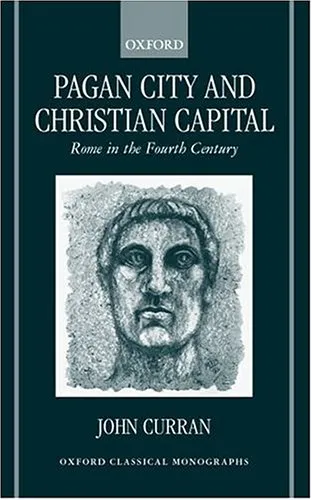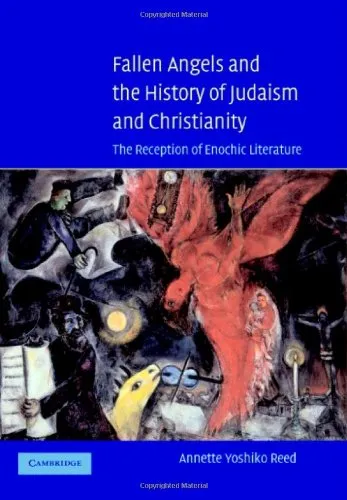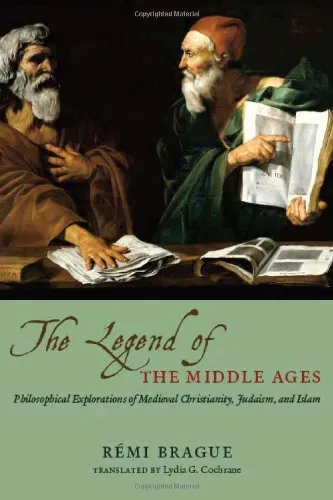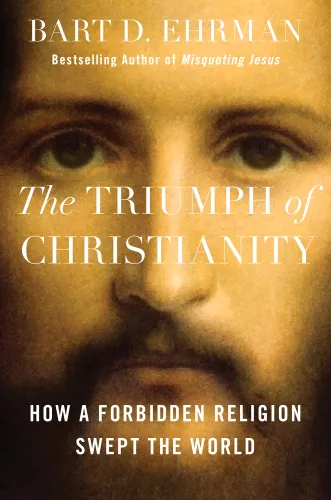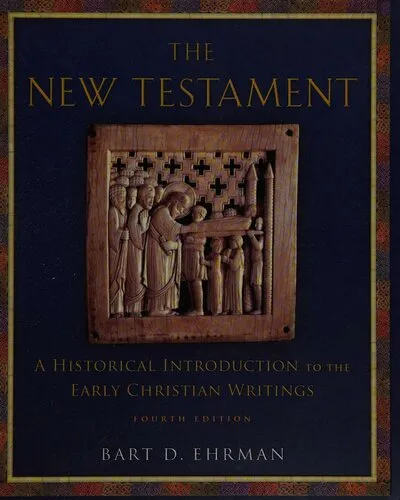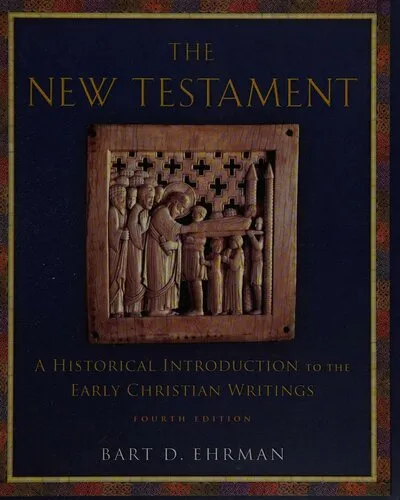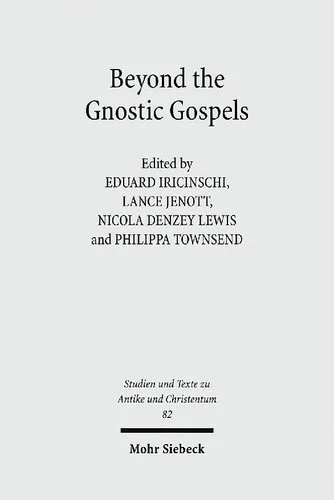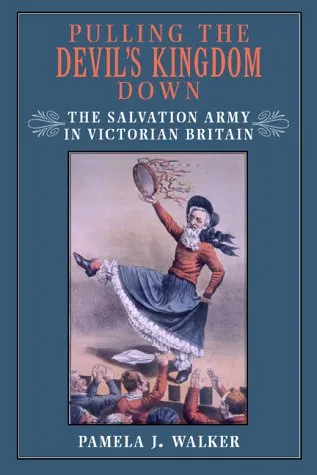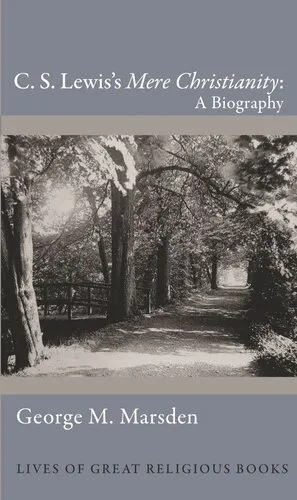The Gnostic Gospels
4.4
Reviews from our users

You Can Ask your questions from this book's AI after Login
Each download or ask from book AI costs 2 points. To earn more free points, please visit the Points Guide Page and complete some valuable actions.Related Refrences:
Introduction to 'The Gnostic Gospels'
In 'The Gnostic Gospels,' Elaine Pagels unravels the complexities of early Christianity through the lens of the Gnostic texts discovered in Nag Hammadi, Egypt, in 1945. These ancient texts reveal a form of Christianity that was eventually deemed heretical by emerging orthodox Christian traditions.
Detailed Summary of the Book
The Gnostic Gospels sheds light on the diversity of thought and belief in the early Christian era. These scriptures, which include gospels attributed to figures like Thomas, Mary Magdalene, and Judas, present a stark contrast to the canonical gospels. Pagels explores how the Gnostic views on divinity, salvation, and the role of church authority differed vastly from what became mainstream Christianity.
The central theme of 'The Gnostic Gospels' is the battle for legitimacy and authority within the early Christian community. The book delves into how the early church fathers, like Irenaeus and Tertullian, sought to consolidate Christian teaching and exclude Gnostic interpretations. Pagels explores the broader implications of these theological battles, suggesting that the suppression of Gnostic beliefs was not purely theological but also political.
Key Takeaways
- The discovery of the Nag Hammadi library challenged conventional understandings of early Christian doctrine.
- Gnostic Christianity offered a more personal and experiential approach to faith and spirituality.
- The conflict between Gnostic and Orthodox Christianity reflects deeper struggles for power and identity within the early church.
- Consideration of these texts enriches our understanding of religious diversity and theological development in early Christianity.
Famous Quotes from the Book
"These discoveries suggest that the early Christianity as we know it represented only a small selection of specific sources, chosen from among dozens of others."
"What we call Christianity, then, and what we identify as Christian tradition, actually represent only a small selection of specific sources, chosen from among dozens of others."
Why This Book Matters
'The Gnostic Gospels' is crucial for understanding not only the history of Christianity but also the dynamics of religious authority and the construction of orthodoxy. Elaine Pagels's work is seminal because it opens up the conversation about what might have been lost when Gnostic texts were suppressed. Her insights encourage readers to consider the multiplicity of early Christian voices, prompting a reevaluation of accepted doctrines and beliefs.
Moreover, the book offers a timeless exploration of how religious narratives are formed, controlled, and contested. In contemporary discussions about faith and the role of religion in society, Pagels's analysis provides a framework for examining how marginalized voices can offer rich alternative perspectives on spiritual experience.
Free Direct Download
You Can Download this book after Login
Accessing books through legal platforms and public libraries not only supports the rights of authors and publishers but also contributes to the sustainability of reading culture. Before downloading, please take a moment to consider these options.
Find this book on other platforms:
WorldCat helps you find books in libraries worldwide.
See ratings, reviews, and discussions on Goodreads.
Find and buy rare or used books on AbeBooks.
1536
بازدید4.4
امتیاز0
نظر98%
رضایتReviews:
4.4
Based on 0 users review
Questions & Answers
Ask questions about this book or help others by answering
No questions yet. Be the first to ask!
